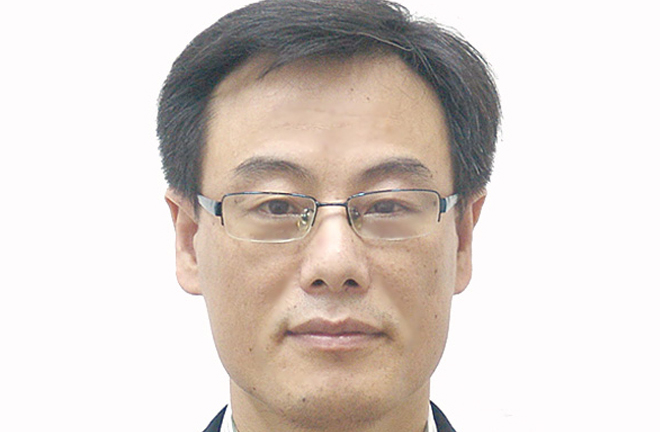ZHANG GUIHONG: Opening new chapter in China-UN relations
 From Sept. 26 to 28, 2015, Chinese President Xi Jinping visited the UN headquarters for the first time, attended a series of summits marking the 70th anniversary of the founding of the UN, and outlined China-UN relations at this stage. This visit has opened a new chapter in China-UN relations.
From Sept. 26 to 28, 2015, Chinese President Xi Jinping visited the UN headquarters for the first time, attended a series of summits marking the 70th anniversary of the founding of the UN, and outlined China-UN relations at this stage. This visit has opened a new chapter in China-UN relations.
China-UN relations
As a victorious nation after World War II, China is one of the founders of the UN and a permanent member of the UN Security Council. The People’s Republic of China was founded on Oct. 1, 1949, on behalf of the Chinese legal regime. Because of obstruction and opposition from the US, the representative rights of China were delayed for 22 years. This continued until Oct. 25, 1971, when, with the support of developing countries, the adoption of Resolution 2758 at the 26th General Assembly restored the lawful seat of the People’s Republic of China in the UN. Then the UN opened a new page.
Chinese leaders have advocated some views and proposals on the UN stage. Deng Xiaoping was the first Chinese leader who made a speech at a UN assembly in 1974. He outlined“the three worlds” theory at this assembly and stated that China belonged to the Third World and opposed hegemony. President Jiang Zemin attended UN conferences in 1995 and 2000. He initiated the construction of a fair and reasonable order of international politics and economics. In 2005, President Hu Jintao put forward the “harmonious world” idea at the UN’s 60th anniversary summit. President Xi Jinping further advocated a development road to fairness, openness, comprehensiveness and innovation in this summit. He stated that the world should realize common development, and declared that China has taken some important measures to support the UN goals of world peace and global development.
China’s contributions
Since China began taking part in UN peacekeeping operations in the late 1980s, the number of Chinese military personnel, police and civil officials participating in operations has stood at more than 30,000. Twenty-nine peacekeeping programs have been carried out. Now more than 3,000 Chinese peacekeepers are executing 10 programs, ranking ninth among all UN members and the first among the permanent members of the UN Security Council. China is the first to complete the development goals that the UN set, allowing 500 million people to escape poverty. This has set an example for the implementation of the UN Millennium Development Goals. China was a recipient of UN aid in the 1980s, and has become an important donor country now. It has provided nearly RMB 400 billion to other developing countries.
China’s contribution and role in the UN is increasing. Data from two aspects demonstrate this point. One is that China’s dues to the UN are rising. With the growth of Chinese economy, China’s UN rates have gone up from 0.995 percent of the budget before 2000, to 3.19 percent in 2010-2012 and 5.15 percent in 2013-2015. The other key fact is that more and more Chinese citizens hold mid-level or high-level posts in the UN. These people include Wu Hongbo, deputy secretary-general of the UN, Dr Margaret Chan, director-general of the WHO, Xu Haoliang, director for the Regional Bureau for Asia and the Pacific of the United Nations Development Program, Xue Hanqin a judge of the International Court of Justice, and Hao Ping, director-general of the General Conference of UNESCO. They have earned trust and praise from colleagues and the international community through their excellent work.
New stage
China’s development needs the UN, and the UN also needs China.
To compose a new chapter of China-UN relations, China has a lot of “homework” to do. Chinese peacekeeping operations embody interaction between China and the international community. This participation needs to be expanded in scope and depth. Meanwhile, relations between non-intervention in domestic affairs and constructive involvement should be handled better. Principles and positions China holds in UN reform should not only stress UN Security Council authority and reflect the interests of developing countries, but also conform to the new reality of international change. UN reform should be advanced in a comprehensive and balanced way. China may attract more UN agencies by making use of different conditions and resources to set up headquarters, branches, area centers and offices. At the same time, China should encourage more Chinese citizens to become dedicated to UN causes through such avenues as internships and volunteering. More importantly, China should train, select and send excellent talents to compete for senior posts in UN agencies.
Zhang Guihong is a professor from the Institute of International Studies at Fudan University.
